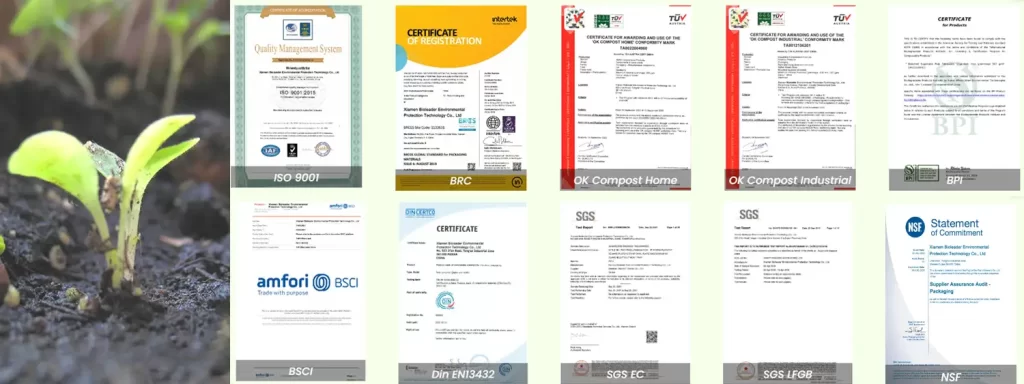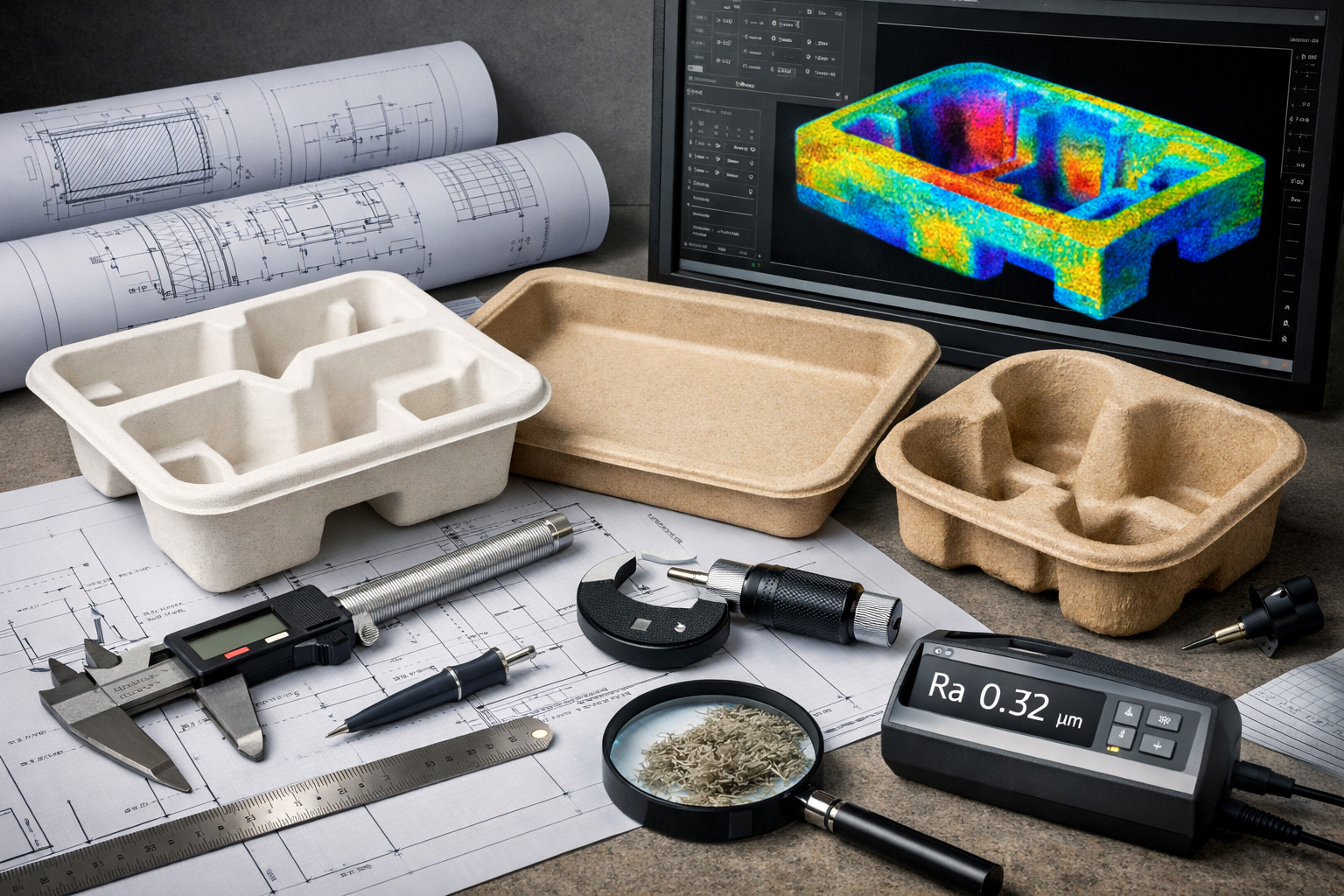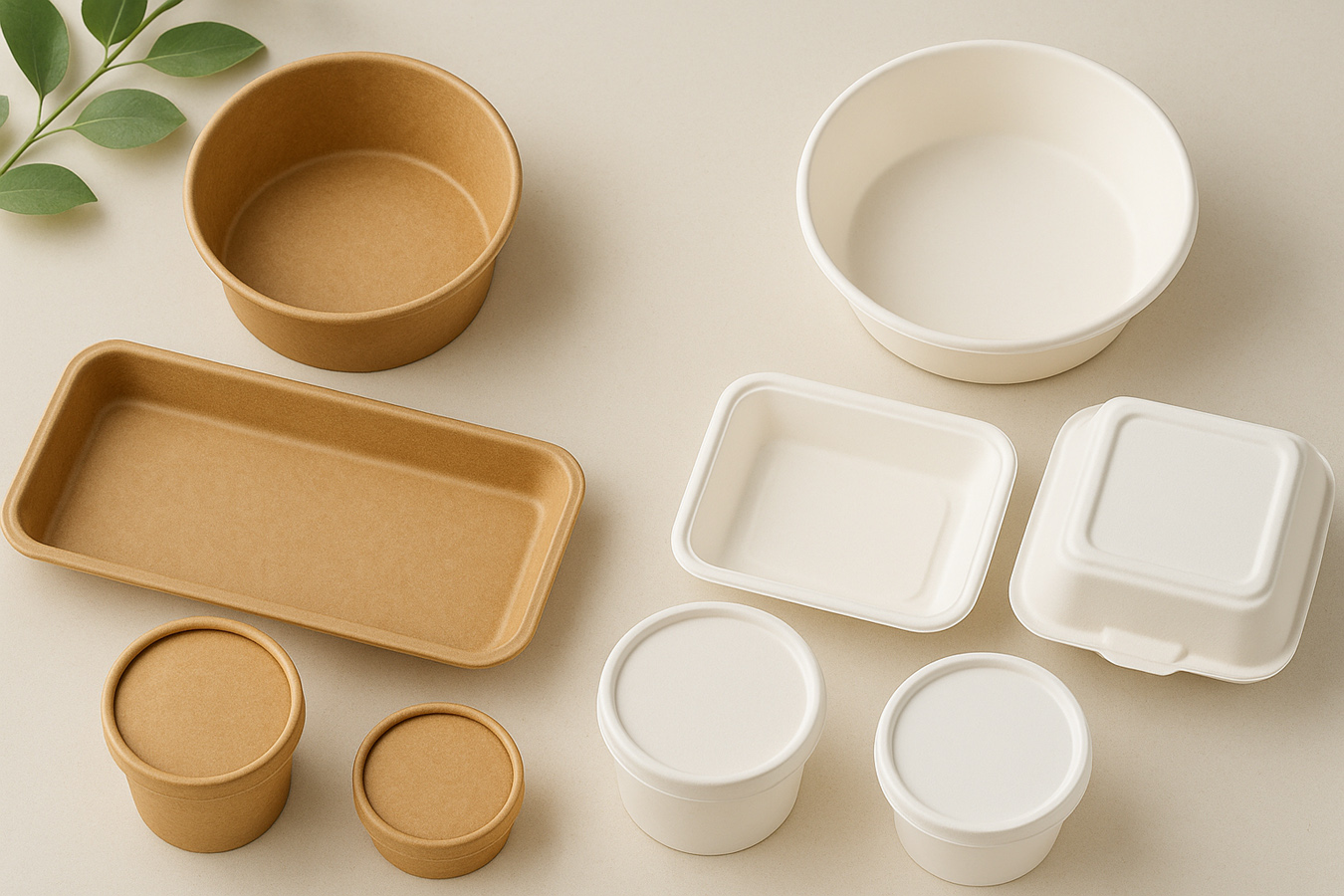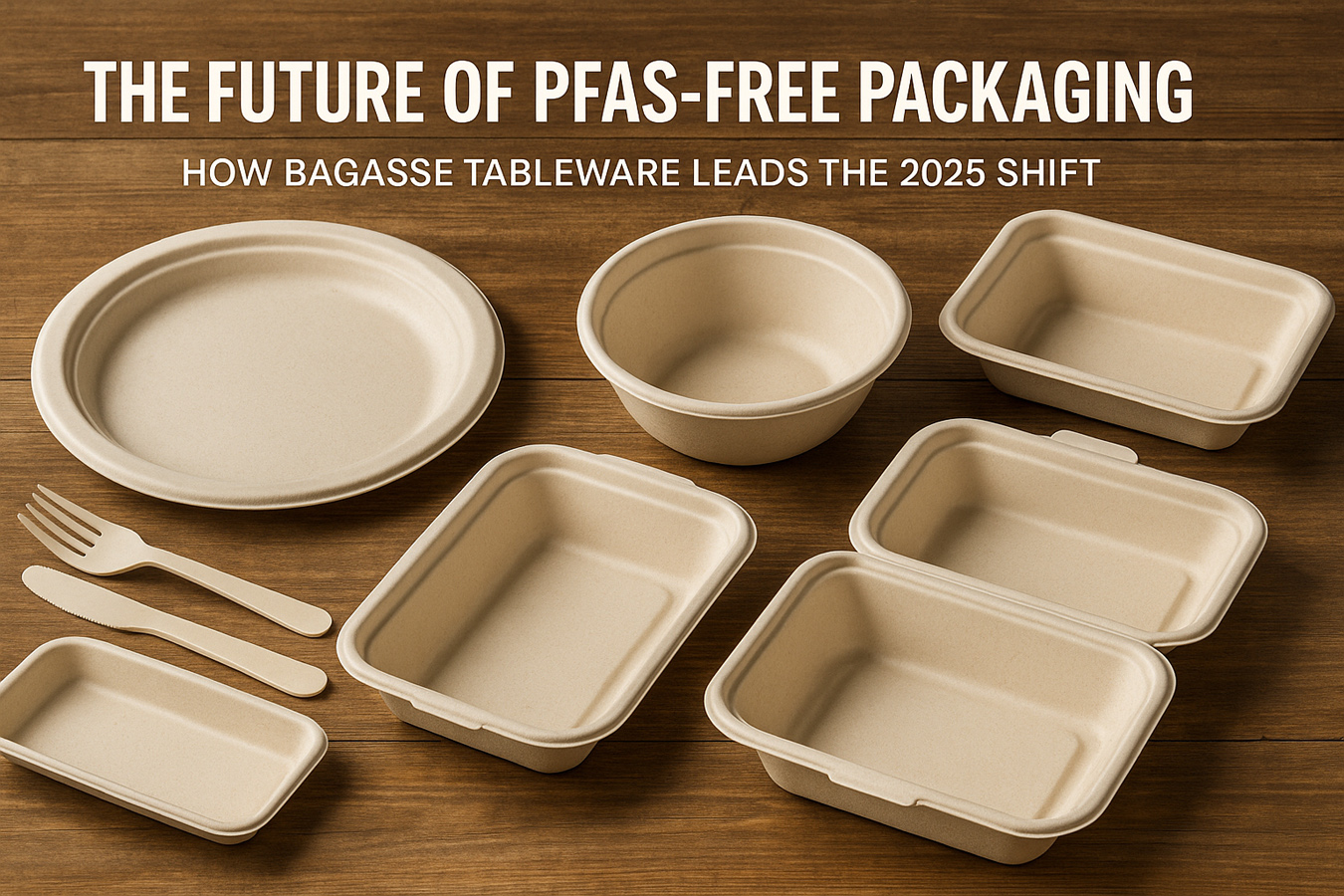
الوقت الذي يستغرقه أدوات المائدة المصنوعة من قصب السكر قصب السكر للتحلل الكامل في ظل ظروف التسميد يمكن أن تختلف بشكل كبير بناءً على عدة عوامل، بما في ذلك:
- بيئة السماد العضوي: يمكن أن تؤثر درجة الحرارة ومستويات الرطوبة والتهوية في كومة السماد العضوي بشكل كبير على معدل التحلل.
- نشاط الكائنات الحية الدقيقة: إن وجود ونشاط الكائنات الحية الدقيقة للسماد العضوي ضروريان لتفكيك المواد العضوية.
- التركيب المادي: إذا تمت معالجة أدوات المائدة المصنوعة من تفل قصب السكر بأي إضافات أو طلاءات، فقد يؤثر ذلك على وقت التسميد.
- حجم الجسيمات: تميل الجسيمات الأصغر حجمًا إلى التحلل بشكل أسرع من الجسيمات الأكبر حجمًا بسبب زيادة مساحة السطح التي تعمل عليها الكائنات الحية الدقيقة.
- دوران السماد العضوي: يمكن أن يساعد التقليب المنتظم لكومة السماد العضوي على توزيع الظروف اللازمة للتدهور بالتساوي.
التأكيد وزيادة درجة حرارة السماد إلى نطاق درجة الحرارة التي عادةً ما تكون درجة الحرارة المثلى لتشغيل الكائنات الحية الدقيقة وهي حوالي 55 درجة مئوية. وبمجرد تعريضها لظروف التسميد المناسبة أدوات المائدة المصنوعة من قصب السكر قصب السكر من المتوقع أن تخضع للتحلل الحيوي في غضون أسابيع إلى شهرين. وتمتد فترة بقاء الإنزيمات على قيد الحياة في أماكن المواقد الدافئة المحايدة في درجات حرارة أعلى من درجات الحرارة الجوية.
في أفضل الظروف، وهذا هو المعيار لمعظم السماد العضوي، والذي عادة ما يكون نشطًا عند حوالي 55 إلى 70 درجة مئوية، مع عدم وجود تأثير عدائي من الحشوات الخارجية، تتحلل هذه الهياكل في غضون أسابيع إلى بضعة أشهر. يتم غمسها في معالجة إنزيم قصب السكر بالأنزيمات لعدة ساعات بعد غمرها في استخدام السماد العضوي المناسب. ومع ذلك فإن مقدمي خدمات الصرف الصحي يتجاهلون أنظمة معالجة النفايات بشكل متباهٍ.
تجدر الإشارة إلى أن بعض مرافق التسميد قد لا تكون قادرة على معالجة أدوات المائدة المصنوعة من قصب السكر قصب السكر بنفس سرعة وكفاءة عمليات التسميد الصناعي. وفي هذه الحالة، يجب اتباع متطلبات الشركة المصنعة ومؤسسة التسميد المحلية لضمان التحلل السليم.









رد واحد
تشرح هذه المقالة بشكل جميل كيف يمكن لأدوات المائدة المصنوعة من تفل قصب السكر أن تتحلل بالكامل في ظروف التسميد - من المطمئن معرفة أنها تتحلل بالفعل دون الإضرار بالبيئة.